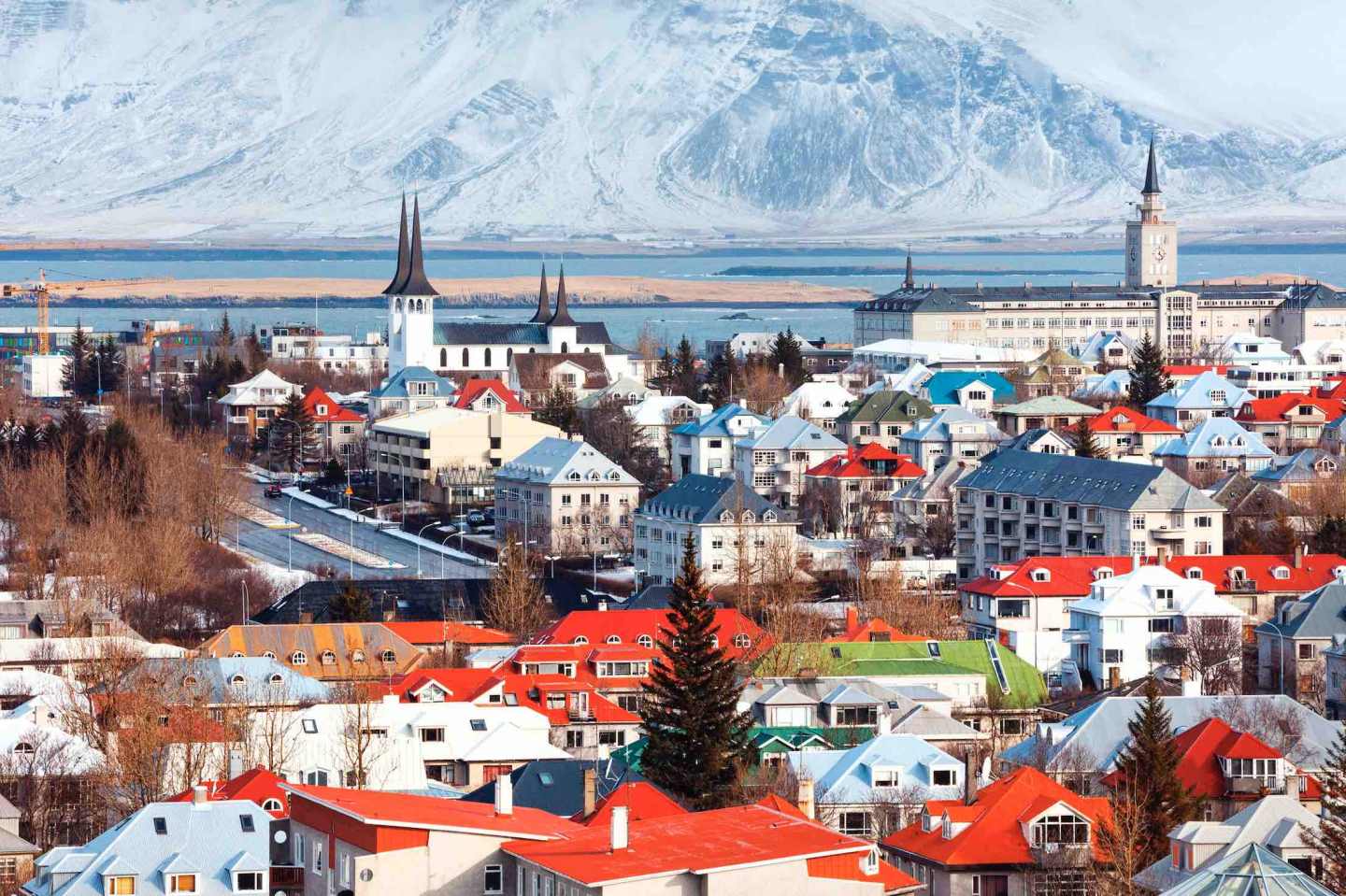Marktonderzoek in IJsland
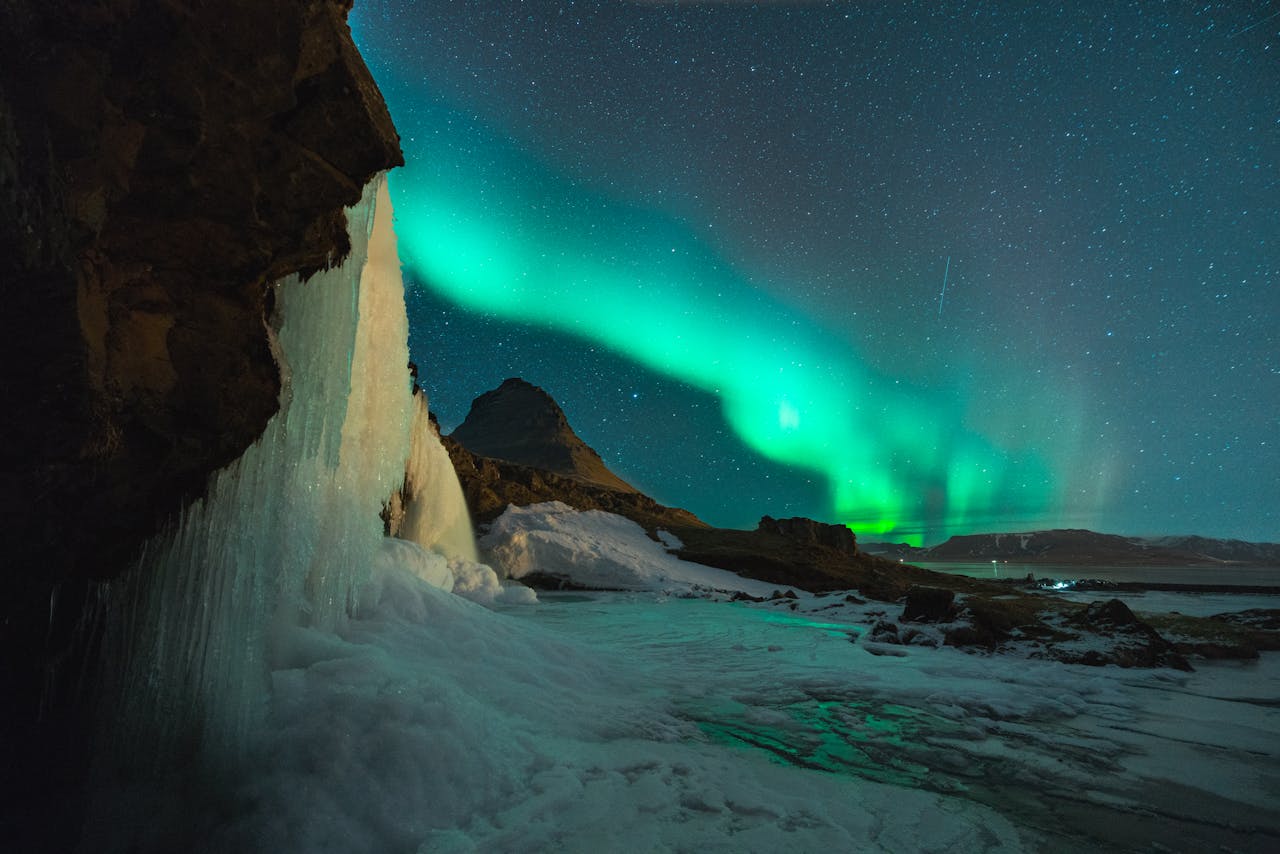
IJsland is een groot eiland in de noordelijke Atlantische Oceaan.
De hoofdstad is Reykjavik. Meer dan tweederde van de inwoners woont in de hoofdstad en het zuidwesten van het eiland. Ook wel bekend als "Het Land van Vuur en IJs", heeft IJsland een vulkanisch plateau dat bijna altijd uitbarst. Bovendien is het het enige Mid-Atlantische eiland dat boven zeeniveau uitsteekt. Het gebied bestaat uit lavavelden, bergen, watervallen en gletsjers. Natuurlijk stromen de meeste gletsjerrivieren via de laaglanden naar de zee.
De Golfstroom, die vanaf de zuidwestkust van IJsland stroomt, verwarmt het land. Het houdt de westkant van het eiland iets warmer dan het noorden. De Groenlandse en IJslandse stromingen vanuit het Noordpoolgebied houden het noorden ook koel.
Wat is marktonderzoek in IJsland? Waarom is het belangrijk?
Market research in Iceland analyzes data to gain insights into consumer behavior, market trends, competitor strategies, and regulatory frameworks. It aims to provide businesses with the knowledge they need to make informed decisions and develop effective market entry, expansion, or optimization strategies.
Bovendien onthult marktonderzoek in IJsland onontgonnen marktsegmenten, opkomende trends en veranderende consumentenvoorkeuren, waardoor bedrijven kunnen profiteren van kansen voor groei en innovatie. Met inzichten uit marktonderzoek kunnen bedrijven op maat gemaakte productontwikkelings-, prijs-, marketing- en distributiestrategieën ontwikkelen, waardoor hun kansen op succes op de IJslandse markt worden gemaximaliseerd.
Onze huidige marktbeoordeling en aanbevelingen
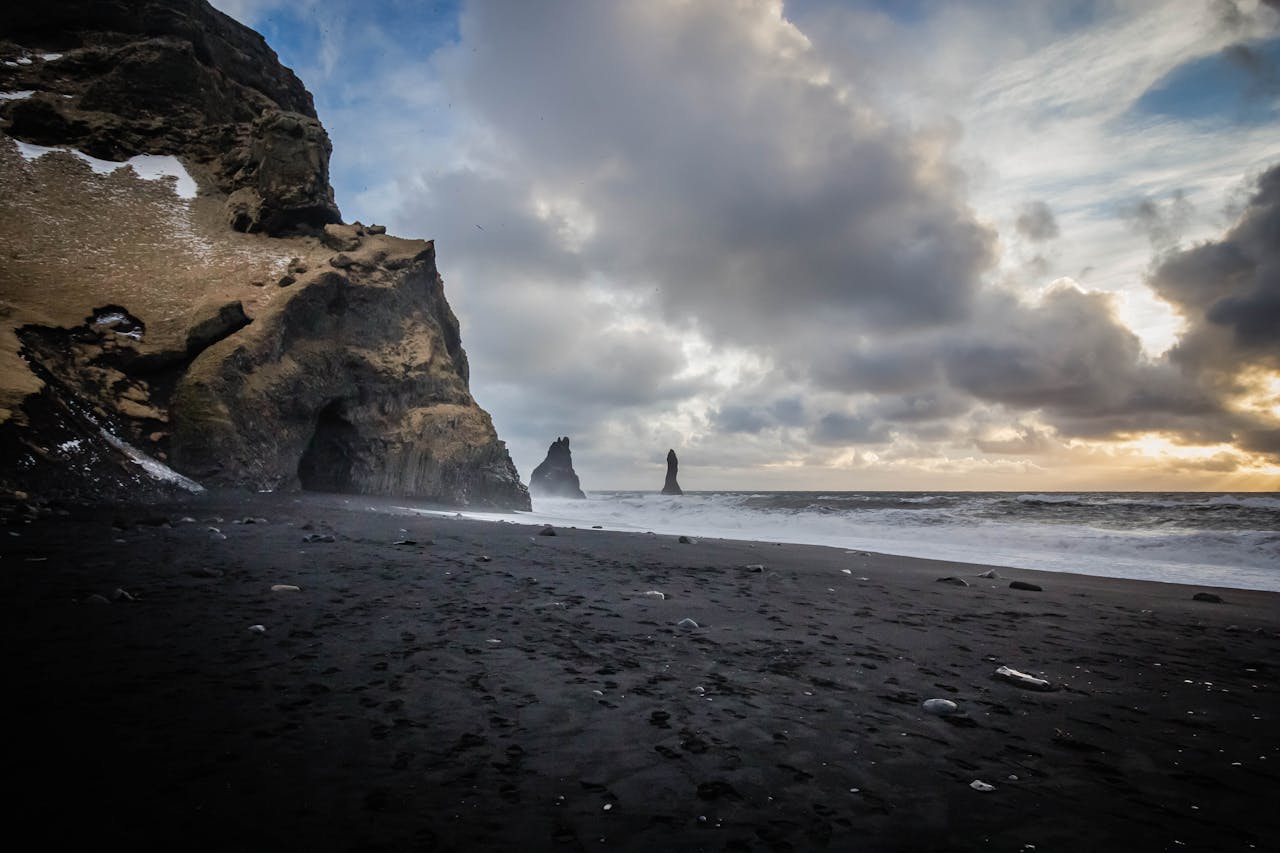
Wij geloven dat er een groeiende focus is op duurzaamheid en eco-bewust consumentengedrag. De vraag naar milieuvriendelijke producten en diensten neemt toe, wat kansen biedt voor bedrijven om te innoveren en zich te onderscheiden in de markt.
Vooruitkijkend, wordt verwacht dat de economie van IJsland haar gestage groeitraject zal voortzetten, aangestuurd door sectoren zoals toerisme, hernieuwbare energie en technologie. De strategische positionering van het land als een hub voor innovatie en duurzaamheid is een goed voorteken voor bedrijven die willen profiteren van opkomende kansen in deze sectoren.
De IJslandse markt is echter dynamisch en competitief, met binnenlandse en internationale spelers die strijden om marktaandeel in verschillende sectoren. Het begrijpen van het competitieve landschap is cruciaal voor bedrijven om belangrijke concurrenten te identificeren, hun strategieën te beoordelen en zichzelf effectief te onderscheiden.
Mogelijke ROI:
- Ondanks de kleine bevolking biedt IJsland een aanzienlijk potentieel voor ROI voor bedrijven die de marktdynamiek en consumentenvoorkeuren begrijpen. Bedrijven kunnen hun ROI optimaliseren en duurzame groei in IJsland bereiken door marktonderzoeksinzichten te benutten en op maat gemaakte strategieën te ontwikkelen.
Buurten en belangrijkste toeristische attracties
IJsland heeft veel steden en dorpen, sommige met makkelijke namen en andere moeilijker uit te spreken. Elke stad heeft zijn eigen manier van leven, maar iedereen leeft heel eenvoudig.
Reykjavik, de hoofdstad, is de thuisbasis van meer dan tweederde van de IJslanders. De stad bestaat uit kleurrijke gebouwen en een even levendige geschiedenis. Laugavegur is over het algemeen de belangrijkste winkelstraat met winkels en restaurants overal. Daarnaast zijn de zwembaden de belangrijkste attracties van Reykjavik. De wijk Grandi is ook bekend, net als de vijver en de wereldberoemde hotdogkraam.
Hier zijn enkele van de meest iconische toeristische attracties in IJsland, behalve Reykjavik:
- De Blauwe Lagune: De Blue Lagoon is een geothermische spa in een lavaveld in Grindavík. Het melkachtig blauwe water is rijk aan mineralen en staat bekend om zijn helende eigenschappen. Bezoekers kunnen ontspannen in het warme water, omringd door een prachtig vulkanisch landschap.
- Gouden Cirkelroute: De Golden Circle is een populaire toeristische route die drie iconische attracties omvat: Þingvellir National Park, Geysir Geothermal Area en Gullfoss Waterfall. Bezoekers kunnen de geologische wonderen, historische locaties en prachtige landschappen van deze route verkennen.
- Nationaal park Vatnajökull: Vatnajökull National Park is het grootste nationale park van IJsland, met diverse landschappen, waaronder gletsjers, vulkanen en gletsjerrivieren. Hoogtepunten zijn onder andere de grootste gletsjer van Europa, Vatnajökull, en dramatische ijsgrotten.
- Jökulsárlón gletsjerlagune: Jökulsárlón Glacier Lagoon is een prachtig gletsjermeer vol ijsbergen, gelegen aan de rand van Vatnajökull National Park. Bezoekers kunnen boottochten maken om het kristalheldere water te verkennen en getuige te zijn van het spectaculaire gezicht van ijsbergen die tussen de omliggende bergen drijven.
- Het noorderlicht (Aurora Borealis): IJsland is een van de beste plekken ter wereld om het noorderlicht te zien, een natuurlijk fenomeen dat wordt veroorzaakt door de interactie van zonnedeeltjes met de atmosfeer van de aarde. Bezoekers kunnen rondleidingen volgen om de ongrijpbare aurora's aan de donkere hemel van IJsland te volgen.
Belangrijkste industrieën
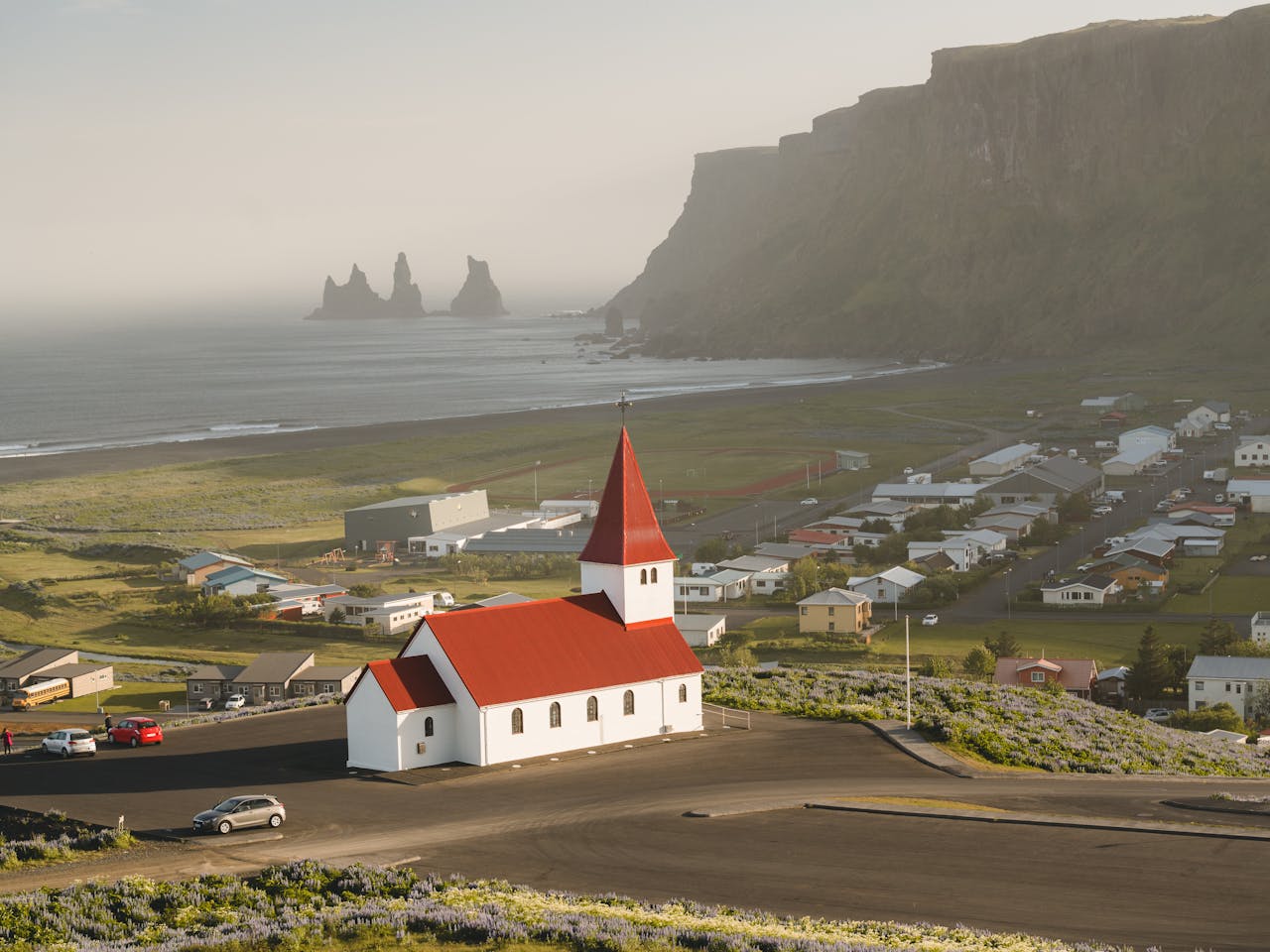
Volgens marktonderzoek in IJsland zijn de primaire industrieën van het land toerisme, smelten en visserij. Deze industrieën zijn in essentie de belangrijkste drijvende krachten. Jarenlang was het land afhankelijk van de visserij. Nu hebben andere gebieden de visserij als primaire exportsector overtroffen.
Enkele andere industrieën die de economie van IJsland aanjagen zijn:
Hernieuwbare energie:
-
- IJsland staat bekend om zijn overvloedige hernieuwbare energiebronnen, waaronder geothermische en hydro-elektrische energie. De toewijding van het land aan duurzaamheid en hernieuwbare energie heeft het gepositioneerd als een wereldleider in schone energietechnologie en innovatie, wat economische ontwikkeling en milieubehoud stimuleert.
Technologie en innovatie:
-
- Een levendig startup-ecosysteem, onderzoeksinstellingen en technologiegedreven bedrijven kenmerken de technologie- en innovatiesector van IJsland. De focus van het land op innovatie, digitale infrastructuur en talentontwikkeling heeft de groei in softwareontwikkeling, biotechnologie en informatietechnologie aangewakkerd.
Landbouw en voedselverwerking:
-
- Agriculture and food processing are essential in Iceland. They provide a domestic food supply and support rural livelihoods. The country’s unique climate and natural resources support producing quality agricultural products, including dairy, meat, and vegetables, for domestic consumption and export.
Toonaangevende spelers op de IJslandse markt
In het dynamische marktlandschap van IJsland zijn verschillende bedrijven en merken leiders in hun respectievelijke industrieën. Hier zijn enkele van de leidende spelers die de IJslandse markt vormgeven:
- Icelandair Groep: Icelandair Group is a key player in the country’s aviation industry. As Iceland’s national airline, Icelandair Group operates scheduled services to over 50 destinations worldwide, connecting Iceland with Europe, North America, and beyond.
- Marel: Marel is een wereldleider in geavanceerde apparatuur en systemen voor voedselverwerking, met een aanzienlijke aanwezigheid in IJsland. Het bedrijf biedt innovatieve oplossingen voor de pluimvee-, vlees- en visverwerkende industrie en bedient klanten wereldwijd.
- Landsbedrijf: Landsvirkjun is het nationale energiebedrijf van IJsland. Het is gespecialiseerd in de productie van hernieuwbare energie, met name waterkracht en geothermische energie. Het bedrijf is cruciaal voor het benutten van de overvloedige hernieuwbare energiebronnen van IJsland voor binnenlandse en internationale markten.
- HB Groot: HB Grandi is een toonaangevend IJslands visserijbedrijf dat visproducten vist, verwerkt en verkoopt. HB Grandi is een belangrijke speler in de visserijsector van IJsland met een vloot van moderne vaartuigen en ultramoderne verwerkingsfaciliteiten.
- CCP-spellen: CCP Games is een IJslandse videogameontwikkelaar die bekend staat om het creëren van de populaire multiplayer online game, EVE Online. De innovatieve aanpak van het bedrijf op het gebied van gaming heeft het internationale erkenning en een toegewijde fanbase wereldwijd opgeleverd.
Marktonderzoek in IJsland: trends
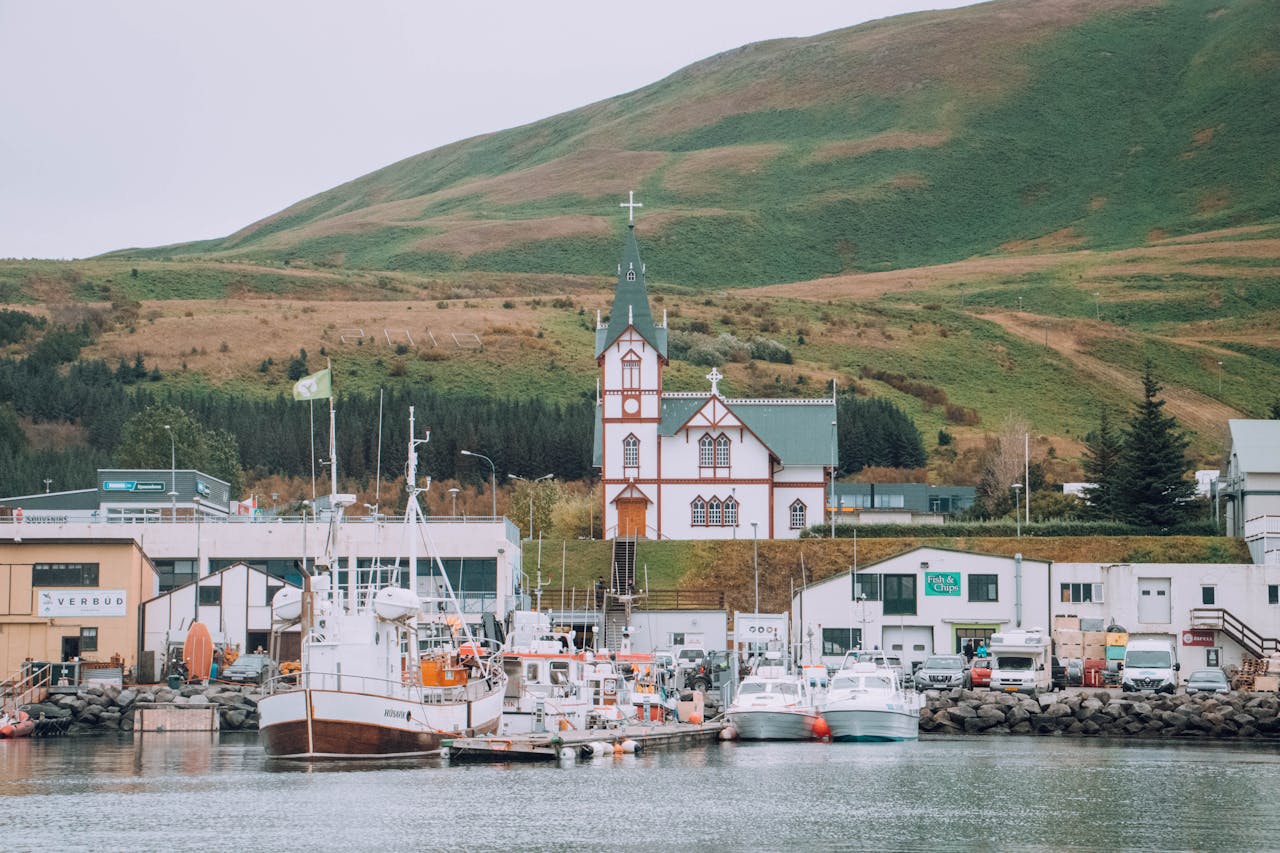
IJsland is een stabiel land. De belangrijkste producten zijn aluminium en vis, en de belangrijkste dienstverlenende industrie is toerisme. Verenigde Staten is de grootste handelspartner van IJsland voor export en import. De toename van het toerisme is deels te danken aan de aanwezigheid van de VS. Een groot aantal toeristen komt nu uit de VS
Market Research in Iceland: Consumer Base
IJsland is een van de meest computervaardige landen ter wereld, met een geavanceerde softwaremarkt en verschillende binnenlandse IT-bedrijven. In feite zijn de IJslanders altijd op zoek naar de nieuwste oplossingen om de klantenservice te verbeteren, kosten te verlagen en bedrijfsprocessen te verbeteren.
Amerikaanse producten zijn top-rated in IJsland. De nieuwste gadgets zijn altijd gewild. De toekomst van vrijetijdsproducten zoals muziek, films en videogames ziet er rooskleurig uit. De Verenigde Staten (de leverancier) en de IJslandse markt (de consument) profiteren.
Redenen om een bedrijf te starten in IJsland
IJsland staat hoog op de lijst van gemakkelijk zakendoen in Europa. Velen beschouwen het als een ideale plek om een nieuw bedrijf te starten. Met een gezond groeiend BBP is het een andere factor bij het starten van een bedrijf. Het is ook eenvoudig om een bedrijf te starten in IJsland. Het duurt zelfs maar 5-7 dagen om een Private Limited Company op te richten.
Het zakenklimaat in IJsland is gericht en snel veranderend. Het is ook bedrijfsvriendelijk en er zijn geen zware belastingen.
Hoe het marktonderzoek van SIS International in IJsland bedrijven helpt
SIS Internationaal's marktonderzoek in IJsland biedt onschatbare ondersteuning aan bedrijven die succesvol willen zijn op de IJslandse markt en daarbuiten. Dit is hoe onze diensten bedrijven helpen hun doelen te bereiken:
Verminder risico:
Our comprehensive market research in Iceland helps businesses mitigate risks by providing insights into market dynamics, the competitive landscape, the regulatory environment, and potential challenges. Businesses can make informed decisions and minimize uncertainties by understanding market risks and opportunities.
Verhoog de omzet:
Door diepgaande marktanalyses en consumenteninzichten helpen we bedrijven groeikansen te identificeren, winstgevende marktsegmenten te targeten en op maat gemaakte strategieën te ontwikkelen om de inkomstengeneratie te maximaliseren. Onze op onderzoek gebaseerde aanpak stelt bedrijven in staat om prijsstelling, productpositionering en marktpenetratiestrategieën te optimaliseren.
Bespaar geld:
SIS's experts helpen bedrijven om middelen effectief toe te wijzen, marketinguitgaven te optimaliseren en kostbare fouten te voorkomen door nauwkeurige marktinformatie en datagestuurde inzichten te bieden. Ons team stelt bedrijven in staat om strategische investeringen en operationele beslissingen te nemen die hoge rendementen opleveren en verspilling minimaliseren.
Bespaar tijd:
De efficiënte onderzoeksmethodologieën en toegewijd projectmanagement van SIS International stroomlijnen het marktonderzoeksproces, waardoor bedrijven tijd en moeite besparen. Ons ervaren team behandelt alle onderzoeksontwerpen, gegevensverzameling, analyse en rapportage, waardoor bedrijven zich kunnen richten op kernactiviteiten en strategische initiatieven.
Versnel groei en innovatie:
Ons marktonderzoek in IJsland faciliteert innovatie en groei door opkomende trends, onvervulde behoeften en ongebruikte marktkansen te ontdekken. Door voorop te blijven lopen, kunnen bedrijven producten, diensten en bedrijfsmodellen innoveren die aanslaan bij klanten en duurzame groei op de IJslandse markt stimuleren.
Verhoog uw ROI:
Met evidence-based inzichten en strategische aanbevelingen helpen we bedrijven hun ROI te optimaliseren door hun marketing-, verkoop- en operationele strategieën af te stemmen op de marktvraag en consumentenvoorkeuren. Onze onderzoeksgedreven aanpak zorgt ervoor dat elke investering maximale zakelijke impact en waarde oplevert.
Onze vestigingslocatie in New York
11 E 22nd Street, 2e verdieping, New York, NY 10010 T: +1(212) 505-6805
Over SIS Internationaal
SIS Internationaal biedt kwantitatief, kwalitatief en strategisch onderzoek. Wij bieden data, tools, strategieën, rapporten en inzichten voor besluitvorming. Wij voeren ook interviews, enquêtes, focusgroepen en andere marktonderzoeksmethoden en -benaderingen uit. Neem contact met ons op voor uw volgende marktonderzoeksproject.

